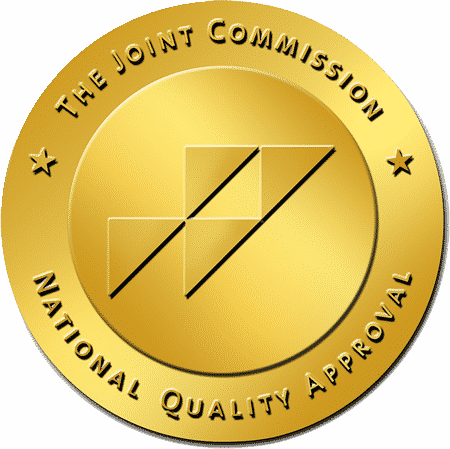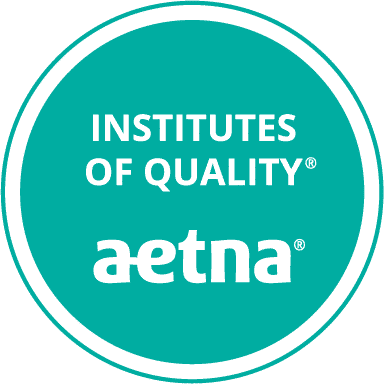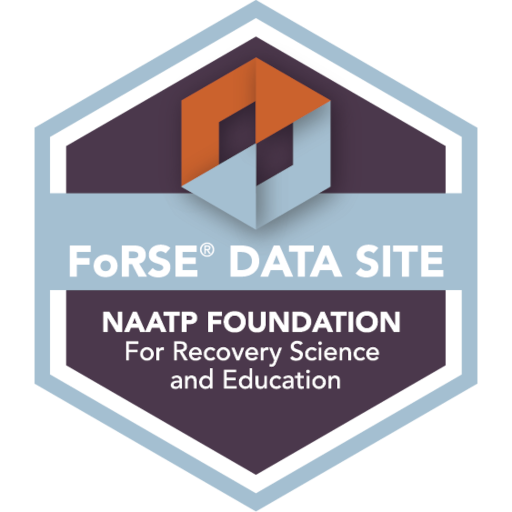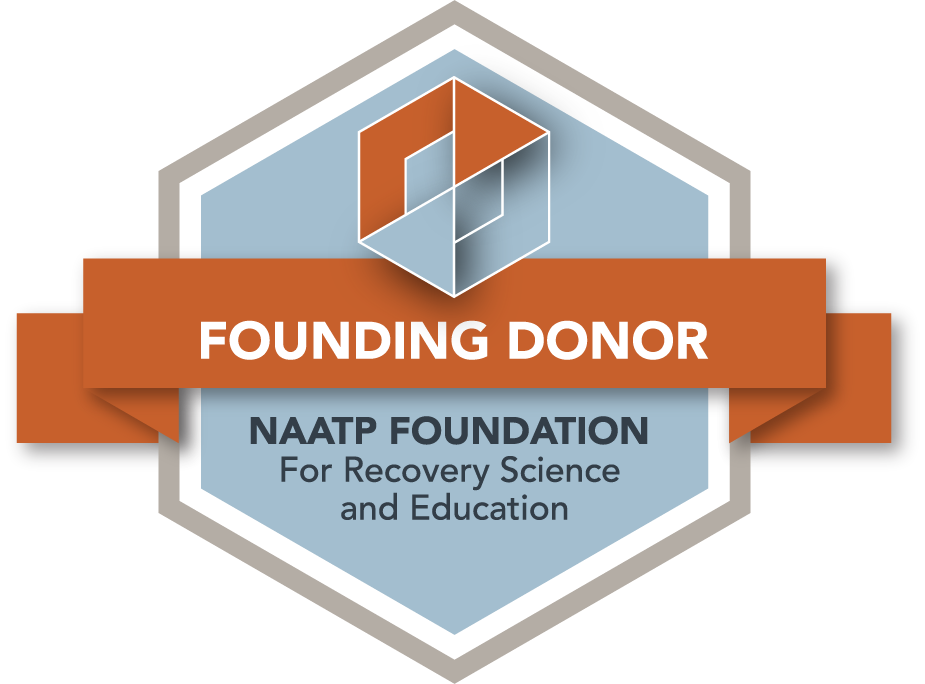Photo: Rachel Kessler with her “purf-fect patient,” Rocky the cat.
For almost four decades La Hacienda has trained chemical dependency counselors while treating addiction and alcoholism.
Rachel Kessler is the latest in the long line of women and men to complete intern training here. She ended her two years in the program on April 29 and has passed her state examination to become a Licensed Chemical Dependency Counselor (LCDC).
Like her predecessors, she was trained to function in any clinical position on campus.
“For example, when I worked with the Family Program, I ran family groups, made phone calls and held individual sessions with family members,” said Rachel.
She did the same with Continuing Care and Case Management
“They teach you from the ground up everything you need to know in that position. I was mentored by the intern supervisor and everyone I worked with.”
Some Personal Lessons
Rachel, who has been in recovery for almost five years, also learned more about herself.
“I grew more as a person than I thought I ever would. I learned that if I don’t work on my stuff, I can’t help anyone else.”
As a young adult, Rachel especially wants to show her age group that recovery is possible.
“I like being able to be an example ¾ as counselor or just showing up every day ¾ of what recovery looks like, what you can achieve if you stay sober and do what you’re supposed to do,” she said. “I had other women show that for me.”
“Another big lesson I learned is how awesome of a staff we have at La Ha,” said Rachel. “They come from various walks of
“They really care, not only about the patients but also about each other. The staff has a lot of freedom in terms of the clinical interventions they use and that allows treatment to be individualized to best help the patients.”
Next, a Master’s Degree
Many graduates of the La Hacienda intern program choose to stay here, and some hold leadership positions on campus. Others have gone on to successful careers elsewhere in this field and more.
Rachel has selected to pursue a master’s degree in social work at New York University. She may still end up working in addiction treatment, but she wants to be able to go beyond what an LCDC is permitted to do.
“A clinician with a master’s degree can handle more situations, such as trauma and dual diagnosis,” said Rachel. “The master’s level training will allow me to work with those issues and more.”
Clinical Services Director Janet Blackburn supports such initiative on the part of her staff.
“Our intern program is not for people who just want to get the needed hours. We invest a lot of time and talent in this select group, and we make sure they want to be here to learn and grow.”
“Rachel totally embraced this opportunity. I am proud of her decision to continue in her education.”
And while Rachel is moving on, three more interns are learning at La Hacienda.
Led Here by the Universe
It was not Rachels plan to intern at La Hacienda.
“Like a lot of people that work here, the universe led me here,” said Rachel. “It was where I needed to be.”
The Northern California native came to La Hacienda after getting sober in Austin. She had heard an advocacy presentation at Austin Community College by Outpatient Services Administrator Sherri Layton. Then one of her professors in the addiction counseling certification program told her about La Hacienda.
And her sponsor brought her to La Hacienda for Reunion after Rachel’s first year of sobriety
“It made a difference. It showed me how big recovery is and that it can be fun.”
Having worked at La Hacienda, she now also finds enjoyment in seeing former patients at Reunion.
“I love getting to see them come back. You lead them up to a point, and then they’re gone. It’s great to see how they’re doing.”
“Leaving is bittersweet because of the bonds I formed here. I will miss this beautiful place which has forever changed me.”
